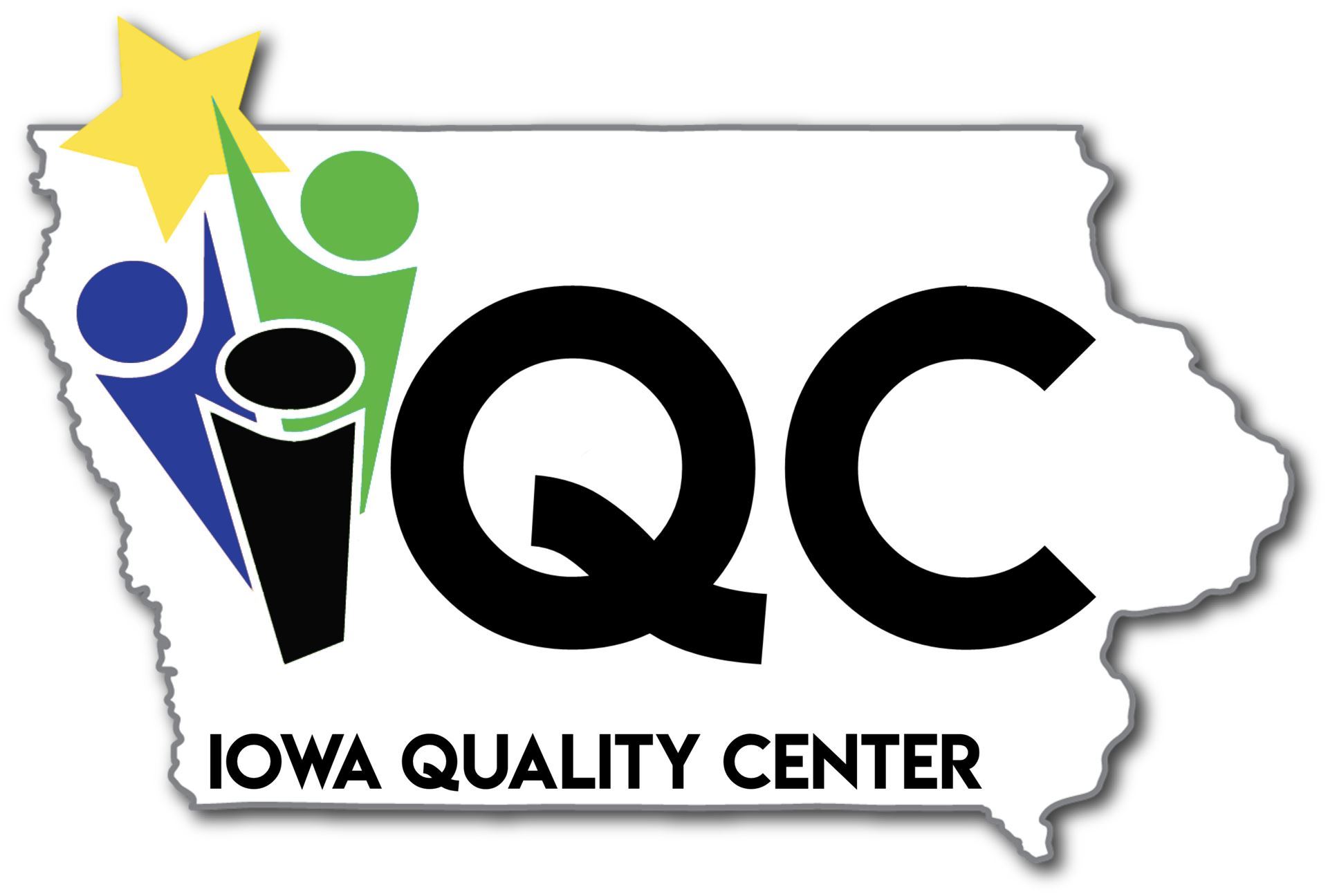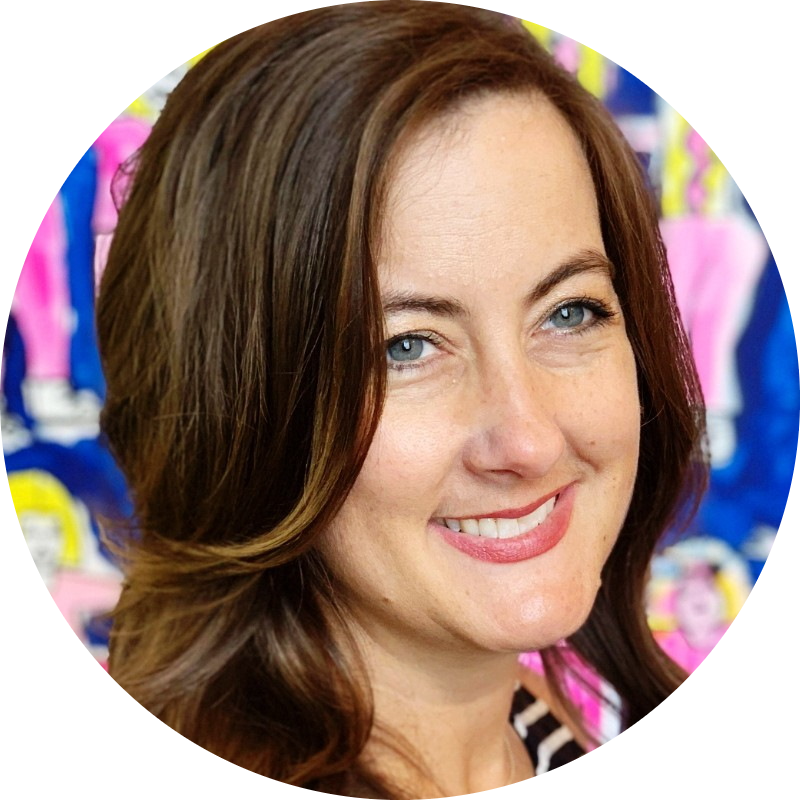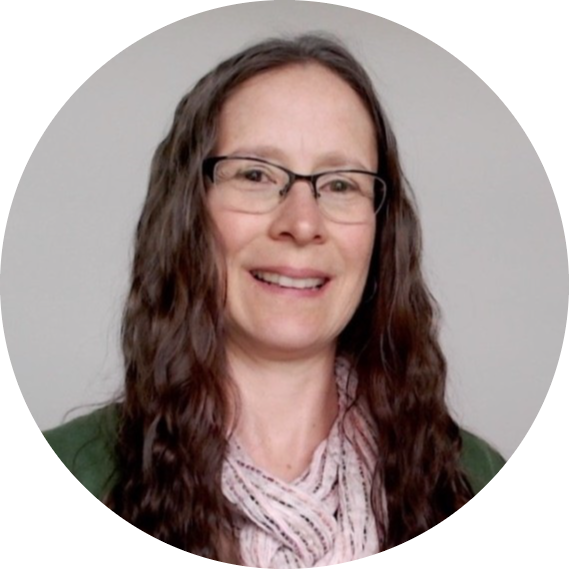BOARD OF EXAMINERS
The IRPE Board of Examiners consists of individuals with quality and performance excellence experience from different sectors across the state. The Board of Examiners is responsible for reviewing and scoring applications from IRPE award applicants. Our Board of Examiners is integral to helping organizations across the state to achieve and sustain world-class results.
EXAMINER COMMITMENT
Cost: All examiners must take, and pay for, Baldrige 101 & 201 workshops in addition to Examiner training classes. New Examiner training is $100. |
The Examiner Experience - From a First Timer
In Spring 2019, the organization of which I was a part was only beginning to apply the notion of performance excellence as a strategic consideration, so when I was introduced to the Baldrige examiner experience at that time, I anticipated that I was unqualified to take part in evaluation of performance excellence at any level. I’m a little embarrassed to admit to my naivete in thinking Baldrige an elitist practice or label that could never apply to organizations like mine or growing professionals like me. I certainly did not understand how it could impact my learning and professional development. I now, without reservation, admit just how wrong I was in those early assessments. Read moreI attended a day-long class at last Spring’s iPEX where we simulated the months-long examination process over the course of one day. I was struck by the diversity of industry represented in the room that day--from manufacturing and insurance to education, health care, and government to financial services and human services. The simulation and accompanying Q&A and discussion provided context for each step in the evaluation process and a roadmap for the months ahead.
Over the next several months, I enjoyed the process and came to understand that the Baldrige framework for performance excellence is not only about organizations already on the path to organizational health or with expressed and very public commitments to performance excellence; it is also a framework for implementation of such a commitment. When stumbling over how to codify a commitment to performance excellence where it had not previously existed, going through the examiner experience and seeing the application of the Baldrige framework provided a “how to get started” toolkit when getting started seemed overwhelming.
The examination process is designed for success and for learning. At the start, I was assigned to a team for application review--that actually amounted to the opportunity to work with others committed to performance excellence in varied industries, which I found a rare and awesome experience. Our initial meeting was spent on in-depth review of the applicant’s Organizational Profile and identification of Key Themes that we used as guideposts through the examination process.
The initial months were devoted to independent review, during which we independently read and provided comments on the sections of the application that demonstrated the applicant’s implementation of each of the principles.
In early Fall, the teams reconvened for Consensus Week, during which we reviewed comments and questions and learned from one another in discussions, formulated structured comments, and planned for site visit. Learning from seasoned examiners on the team and learning from team members from other applicant organizations enhanced my experience as an examiner and a critical thinking professional.
The deep-dive during site visit was the culmination of the examiner experience. The opportunity to see in practice what we’d read and talked about for months by that point, talking with leaders and staff throughout all tiers of the organization and validating descriptions throughout the application affirmed that performance excellence really is a commitment and discipline and does not just happen.
One of my favorite, most important takeaways was the engagement with many other dedicated professionals and how those engagements verified for me the universality of the principles of Baldrige and performance excellence -- regardless of industry, the application of the principles results in better organizational health; employee engagement, attraction and retention; operational excellence; and results.
In my previous work, the Baldrige framework and my experience as an examiner provided a way to organize strategic thinking around performance excellence and to help the organization start on the Baldrige journey. As I looked to shift my career, I used the principles and tenets identified in my own Baldrige journey to clarify the qualities of an organization I aspired to move into. Experience showed me that I wanted to be part of a value-driven organization with committed leadership, as evidenced by strategic attention to customers, workforce development, operational excellence, and a drive toward results, culminating in organizational health and growth. I’ve since joined such an organization, and still my examiner experience is reminding me that Baldrige is a journey. Knowing the framework enables me to see in my current organization what is working well and why; illuminates opportunities for improvement; and reinforces how the integration of those principles is essential for success.
Now that I have familiarity with the framework and examination process and have experience in different industries and in different places on the spectrum of organizational health and commitment to performance excellence, I look forward to a new year and a new team and applicant. | The Real Scoop from an IRPE Examiner
Being a Baldrige Examiner for the Iowa Recognition for Performance Excellence was a lot of hard work, but extremely rewarding. It has often been mentioned that being an Examiner is like getting an MBA in four months due to the range and amount of knowledge being processed. I know my brain was mush after I completed my independent review of the application. I can only imagine the mindset of those applicants who have implemented all the processes to achieve performance excellence, crafted and polished their application, and sent it off for review. Read moreWhile going through the 55-page application (and not one page more) and comparing it to the Baldrige criteria during Independent Review, I not only gained a much better appreciation of quality, but also what it takes to achieve performance excellence. The application I reviewed was in a field with which I was not familiar, something I could not say by the time I was done with the Independent Review. For each item, I had to note 4-6 of the most relevant strengths or opportunities for improvement (OFI), (including at least one strength and one OFI). Sometimes it was necessary to drill down into the item notes to find something in the criteria to reference, then write the feedback-ready comment noting the nugget (criteria), then an example of the nugget in the application, and why the example was relevant. Only then could I move on to the next item. Repeat this over 70 times, writing over 280 feedback-ready comments in under four weeks, and one has Independent Review down pat. By the end of Independent Review, I felt I knew the applicant well and had a good feel for who they were as an organization. After each member on my team independently reviewed the application and wrote their comments, we came together for Consensus Week. During Consensus, the members of each team gathered to compare what everyone noted during Independent Review, came into agreement on how we viewed each item as a team, then either prepared for the on-site visit or generated the final report of the review of the application. It was interesting to see not only what each of us wrote up during Independent Review, but also where we agreed and disagreed. At this point (where the week gets its name from), we were tasked to come to consensus on each of the items. This meant going through all the feedback-ready comments we individually wrote, deciding which ones best captured what we felt as a team about the application, then either tweaking or rewriting comments noting strengths and OFIs. It was interesting to see where someone captured a key factor that others didn’t necessarily see during Independent Review, only to have it become a key point. This also emphasized why Independent Review must remain independent, guided by our team lead. Despite hearing stories of previous years where there have been knock-down-drag-out fights over a point of view on a comment, this was not the case with our group. As our applicant was not eligible for a site visit, we spent the second half of Consensus Week crafting our final report, walking the wall of the feedback comments to be included, noting grammar, word usage and the like. At the end of Consensus, we realized what our little group of three newbies and a team lead had accomplished. I say “little” as there are usually twice as many people on a team than what we had. This didn’t mean the application was easy, but it allowed those overseeing the iPEX program to see what could be accomplished. Being an Examiner was an outstanding experience. I had a great team, even if we were all first-time Examiners. It allowed us to journey together the very steep learning curve of being an Examiner. We were fortunate to have help from an experienced team lead who helped guide us through the process. Independent Review of the application made me use my brain in ways it had not been used for many, many months. The process gave me not only an appreciation for all the work these applicants do when writing up the 55-page application to determine if they have met performance excellence, but also a better appreciation for quality. While I did not get my MBA diploma, I did receive a certificate of recognition of my hard work and dedication, and as a result I am looking forward to the next opportunity to become an Examiner. |

 By Jessica Clark
By Jessica Clark By Angie Bowen
By Angie Bowen
